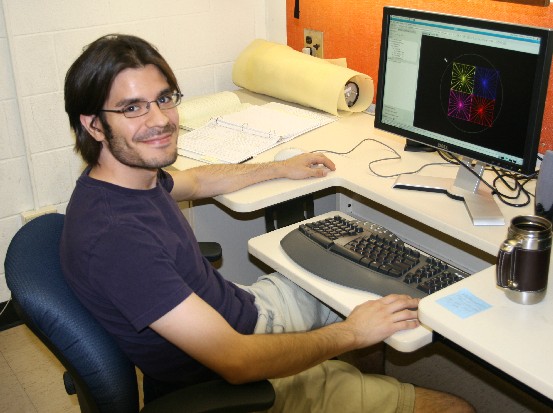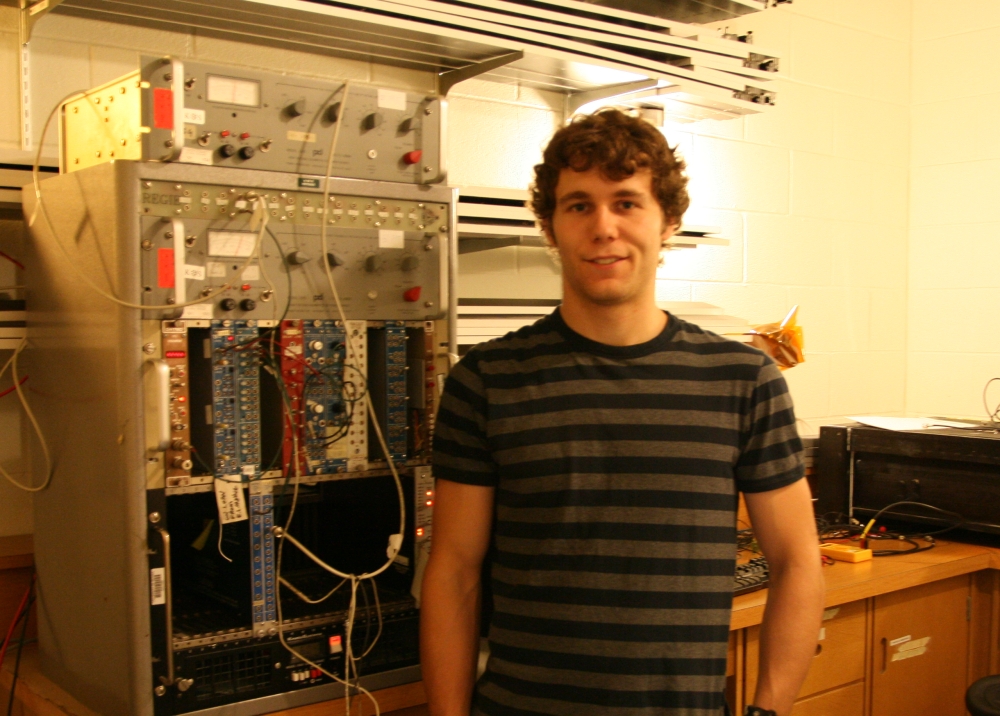Opportunities for postdocs, graduates and undergraduates:
We have a large quantity of data on hand, and there are LOTS of opportunities
to contribute!
List of Physics Channels available for Analysis
If you are interested in joining our group, working at the
interface between nuclear and particle physics, please contact me.
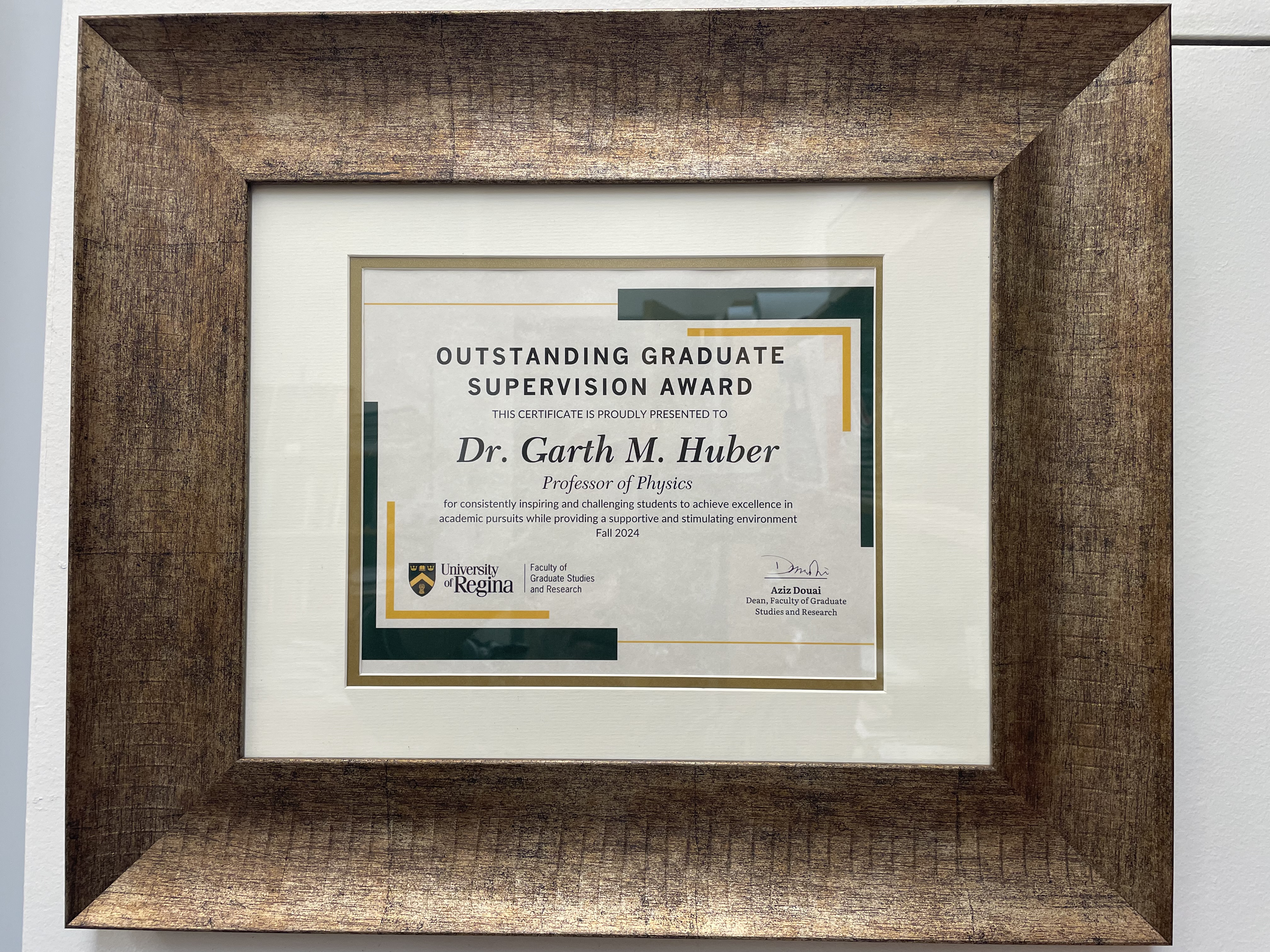
- Post-doctoral research opportunities
- Graduate research opportunities
- Regina group recruitment advertisements:
- INSPIRE-HEP Posting
- CAP Posting
- Graduate recruitment poster (pdf)
- Undergraduate research opportunities
Post-doctoral Research Fellows:
Our group's research projects have expanded in scope in recent years to take advantage of the many scientific opportunities that are available. We are particularly interested in recent Ph.D. graduates who can secure funding through the NSERC postdoctoral fellowship program. Please visit the NSERC website for more information on the various types of fellowships that are available, or contact Dr. Huber directly.Research projects that you could make major contributions to include:
- Experiments in JLab Hall C, such as our planned measurement of the K+ and pi+ electric form factors.
- Detector work for the Solenoidal Large Intensity Detector (SoLID) at JLab.
- Feasiblity studies of exclusive meson production high at Q2 at the future Electron-Ion Collider (EIC).
Graduate Students:
One of the top 10 unsolved problems in physics is the nature of the strong force where quark confinement dominates. I.E. it is poorly understood how quark and gluon interactions lead to the observed structure of nuclear matter. We are seeking motivated graduate students to join our experiments, which will take data with unprecedented accuracy, leading to a better understanding of the underlying quark-gluon structure of these particles. The research involves highly-ranked experiments of pion, kaon form factors and studies of backward angle meson production at Jefferson Laboratory (USA). We are also contributing detectors for the Solenoidal Large Intensity Device (SoLID) at Jefferson Lab, and performing studies for a future Electron-Ion Collider. Our graduate program enables students to quickly start their research upon admission, acquiring significant computing and hardware skills, leading to well-rounded scientists, with good critical thinking, leadership and teamwork skills.For more details on the many scientific opportunities available, please see the research page.
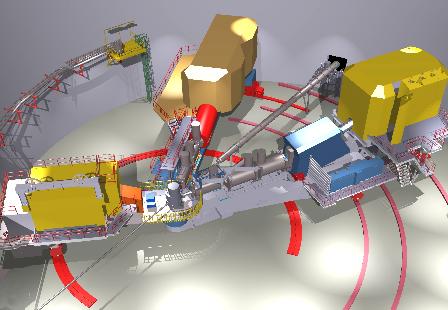
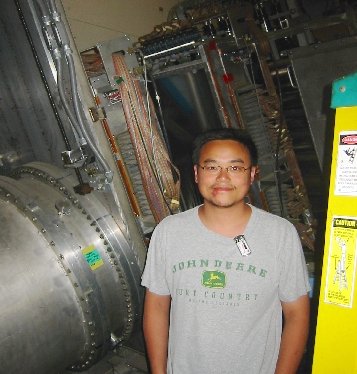
Application Information.
For additional information, please contact:
Dr. Garth Huber
Department of Physics
University of Regina
Regina, SK, S4S 0A2, Canada
Tel: +1 306 585 4240
Fax: +1 306 585 5659
http://lichen.phys.uregina.ca
Undergraduate Summer Research Assistants:
We also participate in the NSERC Undergraduate Student Research Awards program (Canadian citizens and permanent residents only). Please visit the NSERC website for more information or contact Dr. Huber directly.
